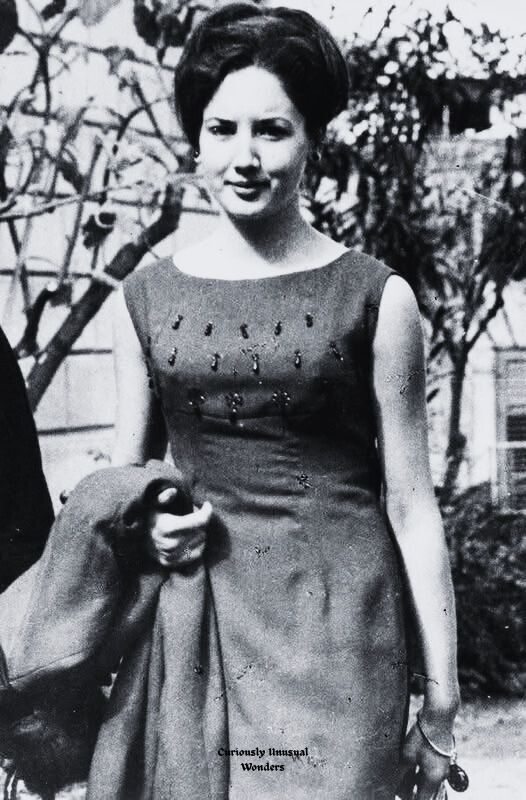Franca Viola’s defiance in the 1960s fundamentally challenged the deeply entrenched cultural and legal practices in Sicily that treated women as property. Born in Alcamo, Sicily, Viola became a pivotal figure in Italy’s social history after refusing to marry her rapist, Filippo Melodia, who had kidnapped and assaulted her in December 1965. Her courageous stand not only transformed her life but also set a precedent for women’s rights in Italy.
Breaking the Cycle of Violence
In Sicily, the tradition of il matrimonio riparatore, or “reparatory marriage,” allowed rapists to absolve their crimes by marrying their victims. This archaic practice placed the onus of “honor” on the woman, effectively punishing her for the violence she had suffered. Families often pressured daughters into these marriages, believing it was the only way to restore their honor. Such norms perpetuated a cycle of violence and injustice, leaving women with little recourse.
When Franca Viola was abducted by Melodia and held captive for over a week, her family was informed that the only solution was for her to marry her assailant. In an extraordinary act of defiance, she rejected this notion. By refusing to comply, Viola not only challenged her own situation but also took a stand against a legal and social system that had oppressed women for centuries. This decision came with significant risk; her family faced threats and violence, including arson against their home.
A Landmark Case
Viola’s case went to trial, marking a historic pivot in how the justice system viewed sexual violence. For the first time, a Sicilian court recognized Melodia as a criminal, convicting him and sentencing him to eleven years in prison in 1966. This ruling was groundbreaking, as it treated the act of rape as a crime rather than a socially sanctioned event.
The media coverage of Franca’s story varied significantly; some outlets sensationalized her situation while others depicted her as a heroine. Over time, she became a symbol of the changing tides in Italian society, particularly regarding women’s rights. In a gesture of support, then-President of Italy, Giuseppe Saragat, congratulated her on her later marriage, which she entered on her own terms.
Despite the progress made in the courts, it took until 1981 for the Italian parliament to formally abolish the law that allowed rapists to evade punishment through marriage. Viola’s bravery had sparked a movement toward justice, but the legal framework lagged behind her courageous act.
The Legacy of Franca Viola
Franca Viola’s story highlights the often-overlooked contributions of women in history. While many historical narratives focus on men in power, Viola’s individual act of resistance underscores the profound impact that one person can have in challenging systemic injustice. Her legacy resonates beyond Sicily, as similar issues of honor, shame, and sexual violence continue to affect societies worldwide.
Today, the concept of marriage of reparation still exists in various forms in some cultures, showcasing the ongoing struggle for women’s rights. Franca Viola’s refusal to be silenced serves as a reminder that progress often stems from individual courage rather than legislation alone.
In reflecting on her story, it becomes clear that history must remember women like Franca Viola, whose defiance against oppressive norms was not just a personal triumph but a significant moment in the broader narrative of social change. Her name deserves to be remembered alongside those of historical figures who have fought for justice and equality. Through her, we learn that true honor lies not in silence but in the courageous act of saying no.






































































